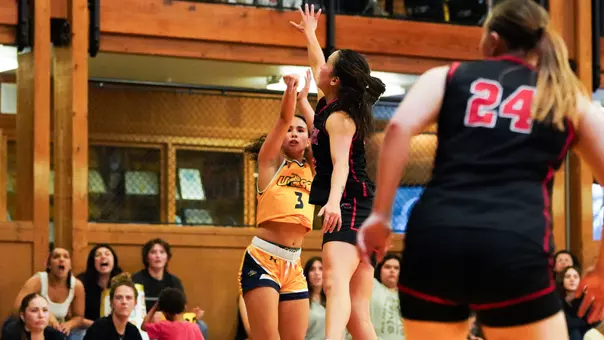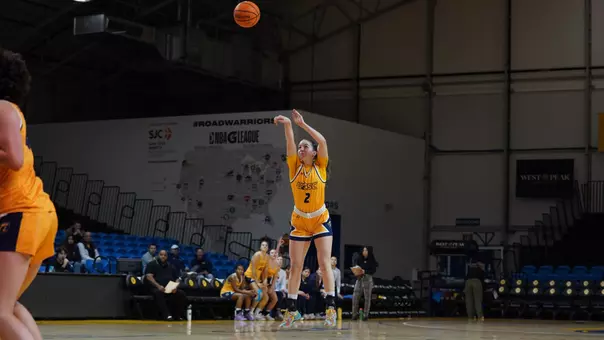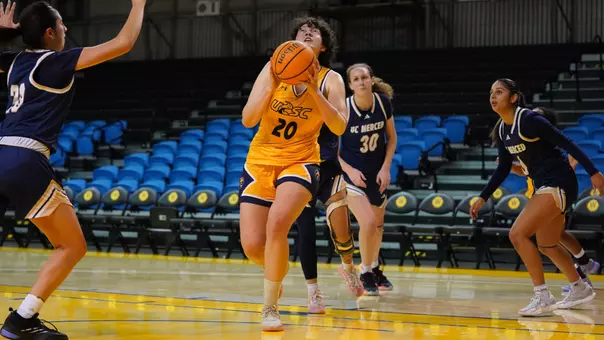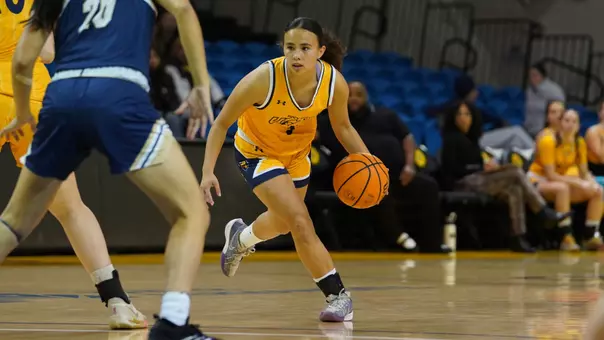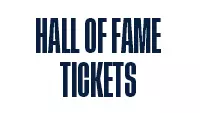
Dr. Cahn Talks About Being a Slug Basketball Player
11/24/2014 12:00:00 AM | Women's Basketball
SANTA CRUZ, CA -- Before Dr. Susan Cahn became an author and professor at State University at Buffalo, she was a guard/forward on the first-ever UC Santa Cruz women's basketball teams in the late 1977-1981. Originally from suburban Chicago, she discussed how she came out to Santa Cruz and how her time there shaped her career.
How did you get to UCSC?
My high school had an experimental program so I had no grades, and I wanted to go to Santa Cruz because they had no grades at the time. I moved for a year and worked in Berkeley and got residency so I could go as a resident. My plan was just to get away but it worked out.
What were the early years of UCSC Basketball like?
We weren't even Division III. We were a club team. There were never any tryouts so we had people just learning to play to people who were pretty decent. We had a different coach every year.
I actually played five years because no one was counting, and I took some quarters off that weren't basketball. I wanted to play as much as possible.
I scored a lot of points but I think it was high-volume not high average. I don't remember too much individual seasons. I remember we lost a lot of games by a lot of points, and every once while we won. Our big games were against Cabrillo because they were really good at the time. That's who I wanted to prove myself against. There was one game my own player ran into me in warm-ups and sprained my ankle, so I didn't play. I remember that was in the newspaper, which was odd.
There was the All-Cal tournament at the time. UCLA didn't play because they were national contenders, but it was fun we got to play against Berkeley, Santa Barbara and Irvine. Every year it changed so we hosted it one year. It was interesting, doing all the work to put on a tournament and hire refs. I think I was 20 years old planning that with the other people on the team.
When we played in Riverside, we had two cars: a van and a VW Bug. And somehow the van left with only a few people so we had 7 people squeezed in a VW driving bug from L.A. to Santa Cruz, but when you're 19 it's all fun.
No Title IX trickle down then huh?
All sports were club sports so I don't know if we were getting that much less than the men though we probably were. No one had a fulltime coaching staff; we only practiced three times a week at very odd times. I know our coach was paid about $1,500 a year. But we had a lot of fun. It was disappointing because there were other teams played five-days-a week and had training camps and that stuff, but it was such a good experience in terms of the other players. We were a tight-knit group. I met a much more diverse group of students playing basketball than I would have just in my major.
I was aware enough of Title IX to know I could have gone to Berkeley and had a different experience. I could've made the team, but by that point I was in love with Santa Cruz and decided to stay and do it that way.
It was all on us. We stayed at people's houses, we never had warm-ups. Just our uniforms, and sometimes had overalls over our uniforms. It was very 1970s (laughs).
Did your college experience inspire your book?
I stuck around Santa Cruz and coached, and worked for Parks and Rec. I coached at Cabrillo as an assistant for two years after I finished. I played a lot of pickup ball against men in Santa Cruz because that was the only way to get good competition.
I really loved basketball but then really loved women's history. And I realized nothing was really happening in terms of basketball. I was a women's studies and history major, applied to grad programs and ended up going to the Univ. of Minnesota. It never occurred to me to write about sports. When I was searching for dissertation topics, what I really wanted to write about was the history of sexuality. I realized there's such a stereotype about lesbians and sports; this whole history of associating women's athletes with being manly. So I decided to write about that for my dissertation and that became my first book.
Since 1990 I've been a history professor. I'm lucky enough to get a good job in my field. I was at Clemson and then I got a job at Buffalo. The SUNY system has the same problem as any state system with lack of funding right now but I have a good department and good colleagues.
Clemson?
It was interesting. The area was incredibly conservative, though the students were not that different from any state-school I've taught at. 1990-1992 I was faculty sponsor for the LGBT student organization. We had state news coverage and there was a big effort to try and stop us from forming a campus organization because "we were promoting sodomy and criminal acts." It was a big fight and we won. That was sort of my introduction to activism, as a professor anyway. Intense but worth going through.
Do you still play?
We have a Sunday pickup game at Buffalo going on for ten years. It's got people all over the community to play.
How's your three-point shot?
That's probably the worst part of my game (laughs). I played on the club team in grad school when it came in and it seemed a really far shot at the time. I was taking jump shots; it's hard to do a three-point jump shot.
